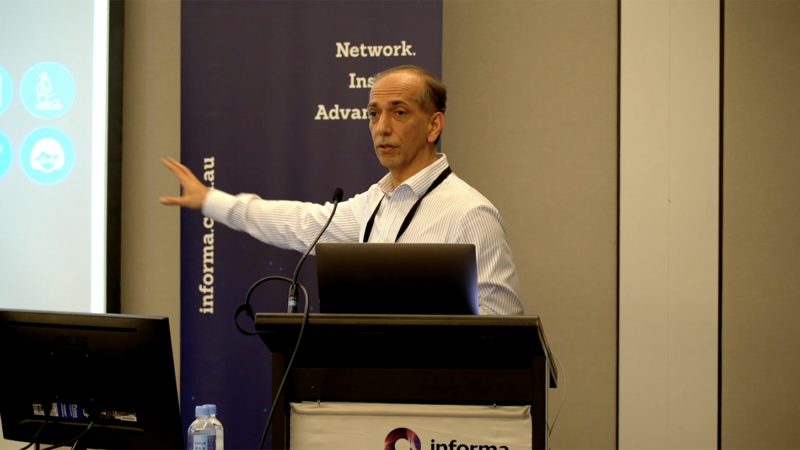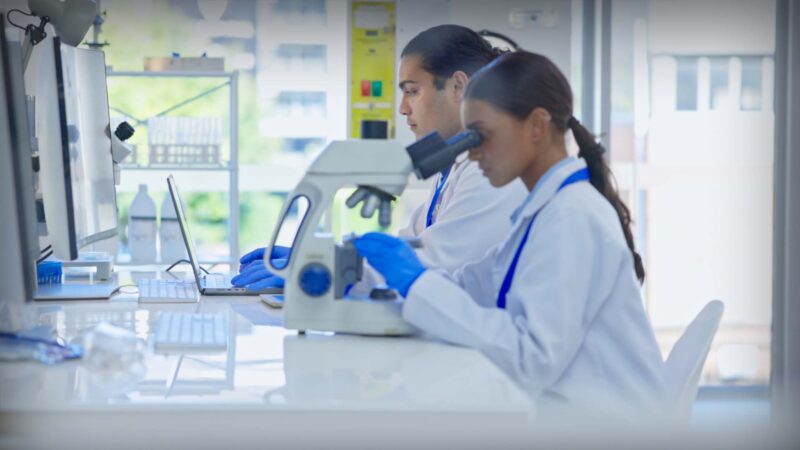A world-first clinical trial conducted at the Royal Adelaide Hospital (RAH) and at hospitals across Australia and New Zealand has identified the best fluid treatment to reduce the risk of patients requiring dialysis after a kidney transplant.
Around one in three people who receive a kidney transplant suffer delayed graft function, which means the transplant doesn’t work immediately and they require dialysis.
To reduce the risk of this occurring, patients are given up to eight litres of IV fluid in the first two days after a kidney transplant.
The BEST Fluids trial compared the use of two intravenous (IV) fluids, Plasma-Lyte 148 and saline, finding Plasma-Lyte 148 reduces the need for dialysis by 25 per cent.
Australian Health Journal spoke with the lead-author of the study, RAH Nephrologist and University of Adelaide researcher, Dr Michael Collins.
Dr Collins provided background by stating, “While both types of fluids have been used during kidney transplantation in recent years, until now there had been little robust evidence to demonstrate which one was the most effective and safest to use.”
During the four-year study, these fluids were trialled in 808 patients with kidney failure, who received a kidney transplant from a deceased organ donor at the RAH and 15 other hospitals in Australia and New Zealand.
Saline is the most common type of IV fluid and contains salt (sodium chloride) and water and has been the standard treatment in kidney transplantation. Plasmalyte 148 is a balanced crystalloid fluid containing a mixture of salts, which more closely resembles what is in human blood.
Researchers at the University of Adelaide and University of Sydney, working with the Australasian Kidney Trials Network team and the ANZDATA Registry at the South Australian Health and Medical Research Institute (SAHMRI), found 30 per cent of participants who received Plasma-Lyte 148 needed dialysis after transplant, compared with 40 per cent of participants who received saline.
Commenting on the findings and potential impact to clinical care, Dr Collins said, “Our finding of a substantial reduction in dialysis with balanced crystalloid compared with saline, without any increase in complications or side effects, provides a strong justification to change clinical practice.”
Using Plasma-Lyte 148 did not result in more complications or side effects compared to saline. At one year after the transplant, both groups had similar levels of kidney function while rates of death, rejection and loss of kidney transplant function were also similar for both groups.
The results of the study are now being used to improve the health of kidney transplant patients in Australia and New Zealand and it is likely that practice will change at transplant units around the world.
Dr Collins added, “Balanced fluids are relatively cheap and widely available, so we hope this practise can now be used for most of the estimated 200,000 kidney transplant operations conducted across the globe each year.”
The BEST Fluids trial was funded by the National Health and Medical Research Council (NHMRC) administered Medical Research Future Fund (MRFF) Australia, the Health Research Council of New Zealand, and the Royal Australasian College of Physicians, with trial fluids supplied by Baxter Australia and New Zealand. The results of the study have been published in The Lancet.
You Might also like
-
How I Became an Emergency Physician
Dr Kim Hansen was initially attracted to emergency medicine because of its dynamic and chaotic environment. She enjoyed organising the chaos of the emergency department and working with a variety of patients, from newborn babies to centenarians. Dr Hansen found it fulfilling to help people get better or provide them with assistance and guidance when they couldn’t be cured. The unpredictability of the work was also part of the appeal, and she dedicated herself to developing the skills required to be a good emergency doctor.
-
Artificial Intelligence (AI) in clinical trials and clinical care
Australian Health Journal today continues a major episode release on Technology Aided Healthcare Delivery, with part 2 on Artificial Intelligence in trials and clinical care. Interviews were captured at AI, Machine Learning & Robotics in Health conference in October organised by Informa Australia.
-
New clinical research entity first to operate across both Australia and New Zealand
Over the past 30 years, 18,000 clinical trials that have been registered in Australia, with the sector contributing $1.4 billion to Australia’s economy annually. Trials are a critical aspect of evidence-based medicine, and are essential for testing how new treatments, tests and vaccines will work. In New Zealand they contribute $146 million to the New Zealand economy.
To capitalise on this unique position and growth, a coordinated multi-site clinical research operation was missing, until now.



